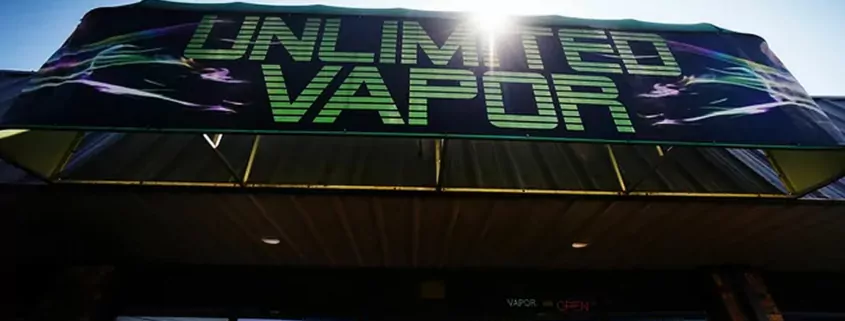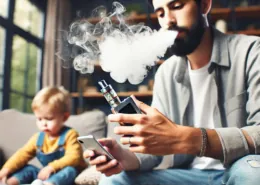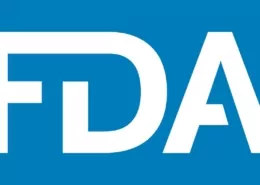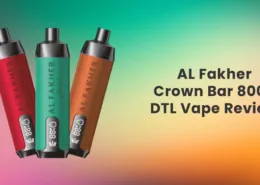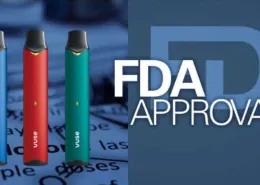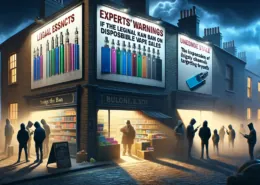Louisiana Vape Shops Up In Smoke Over New Regulations
Vape store pioneers in Louisiana now face clouds of uncertainty from new taxes and strict FDA rules. These small businesses boomed as smokers sought cleaner nicotine sources. But lawmakers aim to discourage vaping, imperiling shops’ livelihoods.
Fast Rise of Vape Stores
Just 12 years ago, vape stores barely existed in Louisiana. In 2011, Shreveport resident Debra Johnson spotted the trend and opened a vape booth at a flea market. “There weren’t many people doing it then,” Johnson said.
Vaping’s popularity snowballed rapidly. According to the CDC, e-cigarette sales jumped 122% nationally from 2014 to 2020. Johnson also noted demand taking off locally within months, as ex-smokers like her switched to vaping.
After supplying her own vape gear through a Texas vendor, Johnson launched Unlimited Vapor. The shop offered vapes and custom blended e-liquid flavors, meeting local demand. Vaping’s growth forced Unlimited Vapor to open a dedicated store.
Cracking Down on Vaping
But politics threatens vape stores like Unlimited Vapor. New federal FDA rules require lengthy applications for vaping products, costing from $100,000 to $500,000 each. Louisiana also hiked vape taxes from 5 to 15 cents per milliliter of liquid.
The FDA application process presents a huge burden, especially for small batch e-liquids. Johnson managed to submit her homemade flavors before the deadline, but not all competitors complied. Non-approved products must vanish from shelves.
Likewise, Louisiana’s 300% vape tax increase adds costs that dissuade customers. The tax took effect July 1, while neighboring states still lack vape taxes.
Lawmakers’ aim is curbing vape use, citing health risks. But Johnson insists vaping helped her quit smoking. She believes strict rules and taxes go too far.
Impacts on Shops
At Unlimited Vapor, the new vape tax limits inventory. The shop no longer stocks a wide selection, instead specially ordering for customers. This saves placing big orders that might go unsold.
“We don’t want to order and have [supplies] just sitting there,” said manager Selena Price. Keeping less inventory hurts revenue but controls costs.
Johnson hopes to keep Unlimited Vapor running despite roadblocks. But she worries other shops will close if unable to afford FDA applications or absorb steep taxes.
Some analysts expect up to one-third of vape shops nationwide could shutter due to rising state taxes. Small startups face the biggest jeopardy. Loss of local shops also funnels sales to larger vendors.
Health Goals Versus Small Business
Lawmakers prioritize public health over business impacts with vaping crackdowns. State representative Paul Hollis, who sponsored Louisiana’s tax hike, aims to discourage youth vaping. But Johnson insists shops like hers discourage teen use and help adult smokers quit.
Vape store owners argue specialty shops offer harm reduction compared to cigarettes. They say fair enforcement of age limits prevents underage sales, unlike gas stations or corner stores selling tobacco.
Health officials counter that kid-friendly flavors still hook young users. But shops say restricting legal sales channels may expand counterfeit black market vaping products. They stress vape regulation should balance public health with small business burdens.
An Industry At a Crossroads
Louisiana vape store pioneers now stand at a crossroads thanks to shifting political winds. As vaping falls from grace, once-booming shops fight to stay viable. They hope to weather the storm without more closures or job losses.
But public health gains will prove hollow if overly zealous regulation instead creates a surge in dangerous black market vaping products. Louisiana’s vape shop owners remain hopeful they can work with lawmakers to craft balanced oversight benefitting all.
- Is It Illegal to Vape or Smoke While Driving in Minnesota? - August 15, 2025
- American Airlines Vaping Passenger Alleges Assault in Police Report - August 15, 2025
- NEXA PIX 35K Disposable Vape with Crystal Tank Review - August 15, 2025

